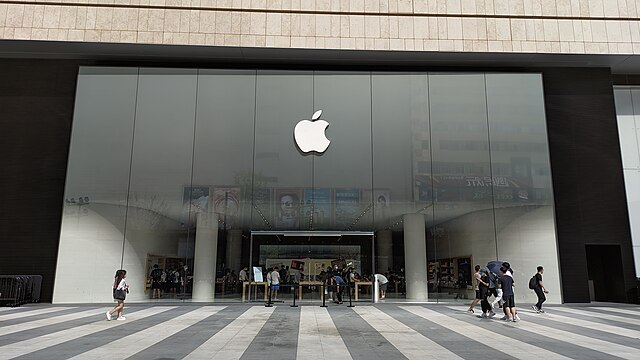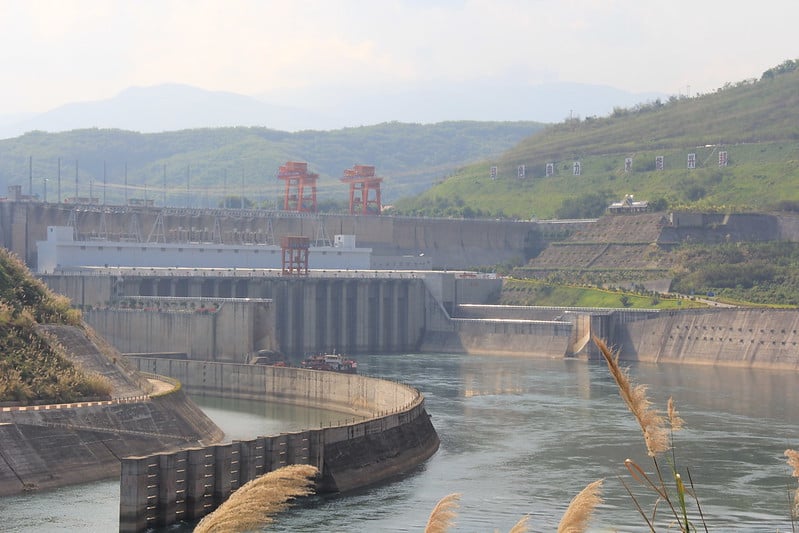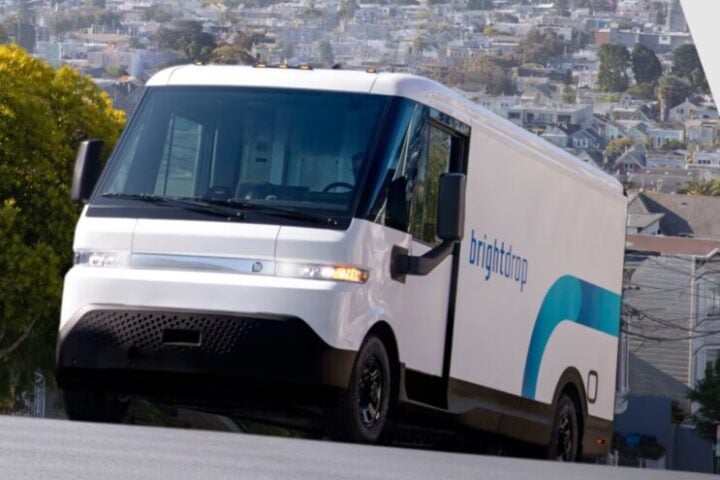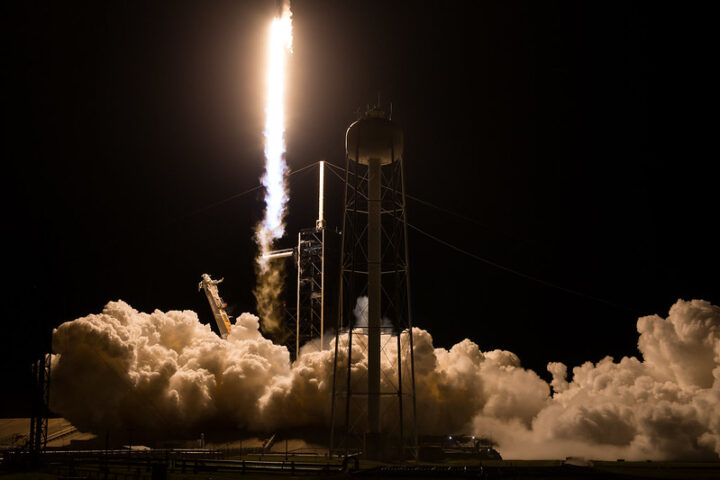Apple announced plans to invest $500 billion in the United States over the next four years, a move that will create approximately 20,000 new jobs primarily focused on research and development, silicon engineering, and artificial intelligence.
The investment includes opening a new manufacturing facility in Houston, Texas to produce servers for Apple Intelligence, and establishing a Manufacturing Academy in Detroit to support small and medium-sized businesses in implementing advanced manufacturing techniques.
Tim Cook, Apple’s CEO, emphasized the company’s confidence in American innovation: “We are bullish on the future of American innovation, and we’re proud to build on our long-standing U.S. investments with this $500 billion commitment to our country’s future.”
The announcement came shortly after Cook met with President Donald Trump last week. The White House highlighted this investment as a major victory, connecting it to the administration’s push for increased domestic manufacturing and tariffs on Chinese imports.
New Manufacturing Initiatives
The 250,000-square-foot server manufacturing facility planned for Houston will create thousands of jobs and begin production later this year, with the full facility expected to open in 2026. These servers will support Apple Intelligence, the company’s AI system that provides features like writing assistance.
Similar Posts:
Apple is also doubling its U.S. Advanced Manufacturing Fund from $5 billion to $10 billion. Part of this expansion includes a “multibillion-dollar commitment” to produce advanced silicon chips at TSMC’s facility in Arizona, where mass production of Apple chips began last month.
The Manufacturing Academy in Detroit will offer free courses taught by Apple engineers and experts from universities like Michigan State. These courses will focus on skills like project management and manufacturing optimization to help smaller businesses implement AI and smart manufacturing techniques.
Broader Economic Impact
The $500 billion commitment covers various forms of spending across the United States, including:
- Direct employment
- Work with suppliers across all 50 states
- Infrastructure for Apple Intelligence and data centers
- Corporate facilities
- Apple TV+ productions in 20 states
Apple currently supports more than 2.9 million jobs nationwide through direct employment, work with American suppliers and manufacturers, and developer jobs in the iOS app economy.
The company noted it has paid more than $75 billion in U.S. taxes over the past five years, including $19 billion in 2024 alone.
Context of the Announcement
The investment announcement comes amid President Trump’s recent tariffs on Chinese imports. While Apple secured some waivers during Trump’s first administration, many Apple products assembled in China could face 10% tariffs imposed earlier this month.
Analyst Gil Luria from D.A. Davidson characterized the announcement as “a political gesture towards the Trump administration,” estimating that Apple has already committed to spending more than $150 billion per year in the United States.
The White House press briefing positioned Apple’s investment alongside other recent announcements, including “a $500 billion private sector investment for the largest artificial intelligence infrastructure project in history” and “a commitment by Saudi Arabia to invest $600 billion in the U.S. over the next four years.”
Apple’s announcement builds on a similar pledge made in 2018, during Trump’s first term, when the company said it would contribute $350 billion to the U.S. economy over five years.
Focus on Advanced Technology
A significant portion of Apple’s planned investment will focus on cutting-edge technologies, particularly in silicon engineering and artificial intelligence. The company recently introduced the A18 chip and the Apple C1, which it describes as “the first cellular modem designed by Apple, and the most power-efficient modem ever on an iPhone.”

Apple’s servers manufactured in Houston will be designed for energy efficiency, reducing the energy demands of the company’s data centers, which already run on 100 percent renewable energy.
As Apple expands its Apple Intelligence features, it plans to increase data center capacity in North Carolina, Iowa, Oregon, Arizona, and Nevada.
FAQ
1. What exactly is Apple planning to invest in the United States? Apple is committing $500 billion over four years across various areas including supplier partnerships, direct employment, AI infrastructure, data centers, corporate facilities, and TV production. This includes building a new server manufacturing facility in Texas and a Manufacturing Academy in Michigan.
2. How many jobs will Apple’s investment create? Apple plans to hire approximately 20,000 people over the next four years, with the majority focused on R&D, silicon engineering, software development, and AI/machine learning. Additionally, the new manufacturing facility in Houston is expected to create thousands of jobs.
3. Why is Apple making this investment now? While Apple regularly invests in U.S. operations, the timing follows a meeting between CEO Tim Cook and President Trump and comes as many Apple products assembled in China could face 10% tariffs recently imposed by the Trump administration.
4. How does this investment compare to Apple’s previous commitments? This $500 billion commitment is larger than Apple’s 2018 pledge to contribute $350 billion to the U.S. economy over five years during Trump’s first administration.
5. What is the Advanced Manufacturing Fund that Apple is expanding? The U.S. Advanced Manufacturing Fund was created in 2017 to support innovation and manufacturing jobs across America. Apple is doubling its size from $5 billion to $10 billion, with part going toward producing advanced silicon chips at TSMC’s Arizona facility.6. How will the Manufacturing Academy in Detroit benefit American businesses? The academy will offer free in-person and online courses taught by Apple engineers and university experts. Small and medium-sized businesses can learn to implement AI and smart manufacturing techniques, along with skills like project management and manufacturing process optimization.

















